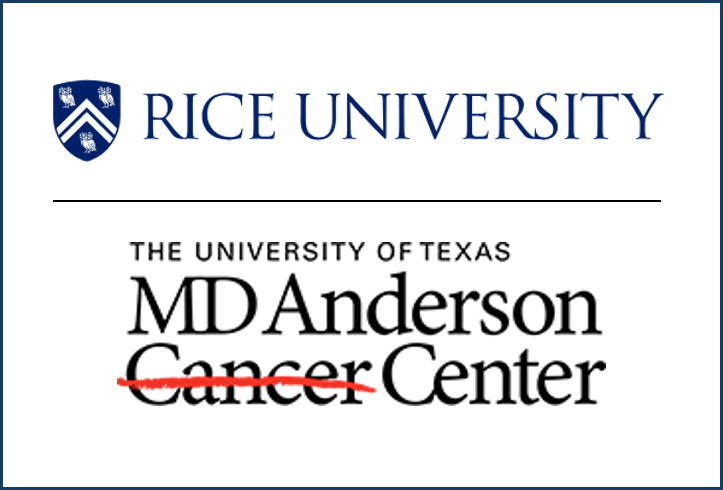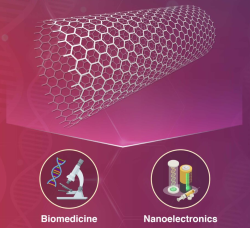

Collaboration tackles complex challenges using data science to improve decision-making in cancer care.

Collaboration tackles complex challenges using data science to improve decision-making in cancer care.

Single-walled carbon nanotubes (SWCNTs) hold promise for biomedicine and nanoelectronics, yet the functionalization with single-stranded DNA (ssDNA) remains a challenge. In a new study, researchers from Korea functionalized SWCNTs using high-affinity ssDNA sequences identified through high-throughput selection. They demonstrated the effectivity and stability of these constructs using molecular dynamics simulations. Machine-learning models were used to accurately predict patterns that govern ssDNA-SWCNT binding affinity. These findings provide valuable insights into the interactions between ssDNA and SWCNTs.

North Carolina healthcare provider supplies clinicians with immediate, on-site access to 3D-printed anatomic models and support through Ricoh Managed Services.

Researchers have developed a new machine-learning model that can precisely make prognosis predictions for patients with osteosarcoma, based on the density of viable tumor cells post-treatment.

The Digital Medicine Society (DiMe) is partnering with PHTI, ZS, and other leading organizations to develop and launch core components of integrated evidence plans for digital health products to support faster regulatory approval and commercialization.

Digital transformation requires a clear vision, buy-in at every level, and significant investment. Here are three steps to streamline the process.

The acquisition expands MilliporeSigma’s portfolio to a full range of bioreactors, from 2ml to 2000L, and adds to the company’s expertise in monoclonal antibody (mAb) process development.

MilliporeSigma received a $136.7 million contract award from the U.S. Department of Defense (DoD), on behalf of the U.S. Department of Health and Human Services (HHS), to support the new facility. It will be the company’s first U.S.-based facility capable of producing diagnostic-grade membrane.